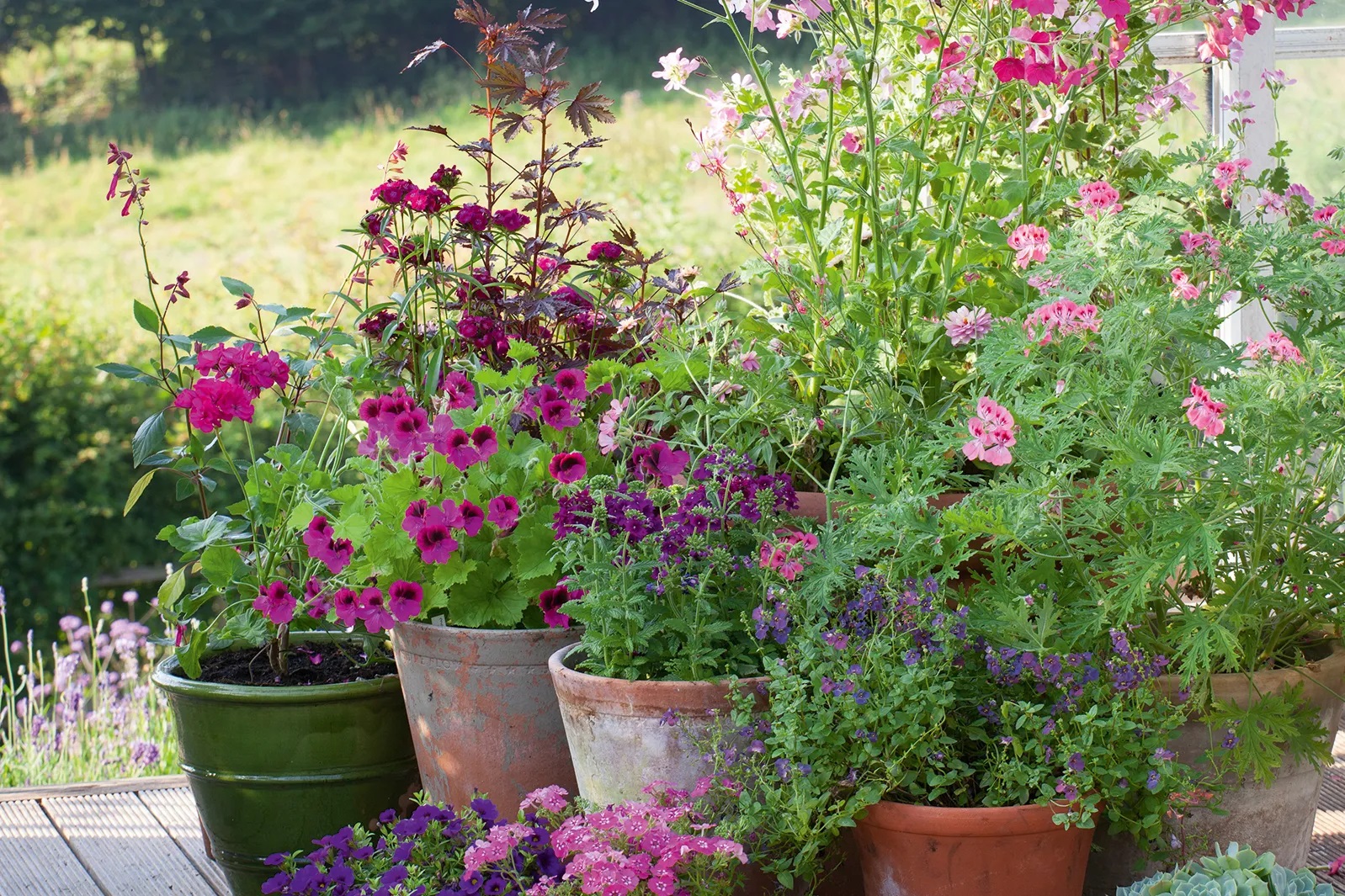Bulk-Buy Brilliance: The Gardener’s Guide to Wholesale Nursery Containers
A successful garden starts not only with proper seeds and the right planting conditions but also with the right containers. When managing a large garden or nursery, one of the key elements to consider is cost-efficiency. In such scenarios, wholesale nursery containers offer the most practical solution. By taking advantage of bulk-buy options, you can ensure that your gardening project runs smoothly, from propagation to full bloom.
Understanding Wholesale Nursery Containers
Wholesale nursery containers are the go-to choice for many professional landscapers, gardeners, and nursery owners. These containers, available in various sizes and materials, are designed for propagating, growing, and nurturing a wide variety of plants. Whether you’re transplanting seedlings, rooting cuttings, or growing container-friendly crops, these bulk containers offer the functionality and flexibility you need.
Advantages of Buying Wholesale Nursery Containers
Buying nursery containers in bulk has several advantages. Here’s why it might be a good fit for your gardening or landscaping project:
Cost-Effectiveness
Purchasing wholesale nursery containers usually results in substantial savings. Buying in bulk often translates to a lower cost per item compared to buying the same product individually.
Variety and Versatility
Wholesale suppliers often offer a broader range of products than retail outlets. You can find nursery containers in various sizes, shapes, and materials to fit your specific needs.
Sustainability
Many wholesale nursery containers are made from recyclable materials, promoting sustainability and reducing the environmental impact of your gardening activities.
Choosing the Right Wholesale Nursery Containers
Just as important as deciding to purchase wholesale nursery containers is choosing the right ones. Here are some points to consider:
Material
The material of your container can affect your plant’s growth and development. The main types of materials used in wholesale nursery containers include:
- Plastic: Lightweight, affordable, and available in a variety of shapes and sizes. Plastic containers are also durable and easy to clean.
- Fabric: Known for promoting better root growth, fabric containers allow for superior aeration and drainage.
- Ceramic: Although heavier and more fragile, ceramic pots provide a traditional look. They are also known for their excellent moisture retention.
Size
Different plants require different pot sizes. Small pots are perfect for seedlings and small plants, while larger containers are ideal for mature plants or those with extensive root systems. When buying in bulk, consider purchasing a variety of sizes to cater to your diverse gardening needs.
Drainage
Good drainage is vital for plant health. Whether you’re buying plastic, fabric, or ceramic pots, make sure they have ample drainage holes to prevent waterlogging and root rot.
Partnering with a Reliable Supplier
The final piece of the puzzle in achieving bulk-buy brilliance is choosing a reliable supplier of wholesale nursery containers. Do your research, read reviews, and ask fellow gardeners or professionals for recommendations. Look for a supplier that provides quality products at competitive prices, offers good customer service, and supports sustainable practices.
Conclusion
In conclusion, wholesale nursery containers can be an asset to gardeners, landscapers, and nursery owners alike. By buying in bulk, you can save money, have a wider choice of products, and promote sustainable practices. Remember to choose the right containers for your specific needs and to partner with a reliable supplier for the best results. Happy gardening!
Please note: All the information provided is based on general horticultural principles. The specific needs of your plants may vary.
By utilizing the bulk-buy brilliance of wholesale nursery containers, you can optimize your gardening or landscaping project for both cost-effectiveness and environmental sustainability, all while ensuring the healthy growth of your plants.



